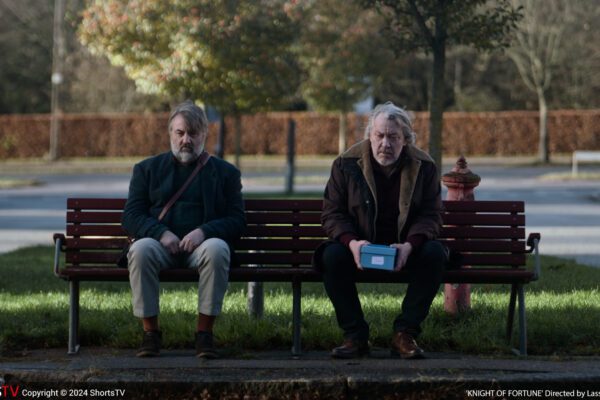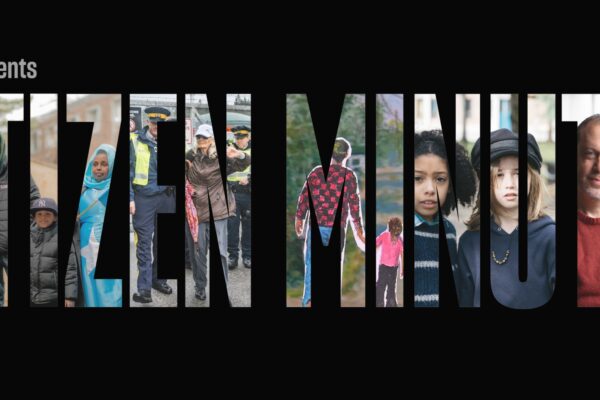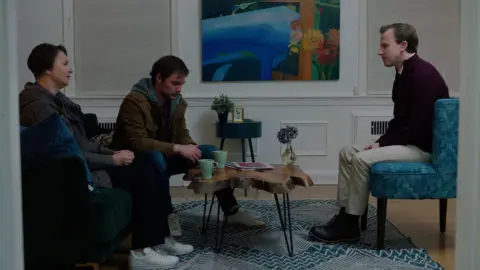
2024 Oscar® Nominated Animated Shorts
Animated shorts may make us think of cartoons, but often they are much more. This year’s Oscar® nominated shorts come from around the world and all provide food for thought and contemplation. The nominated short films play in select theaters each year. Locations and tickets can be found at 2024 Oscar® Nominated Short Films –…





